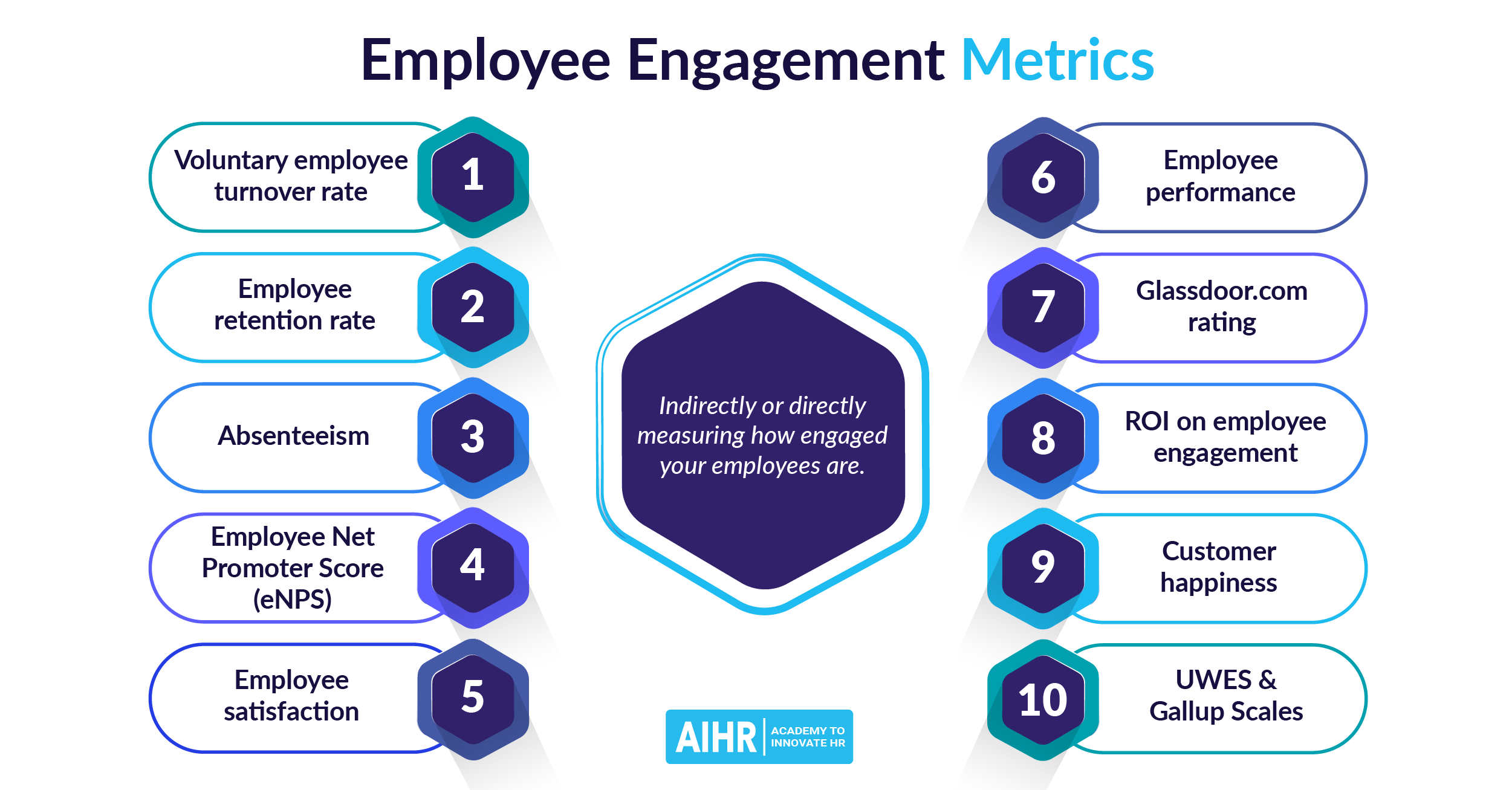The Importance Of Middle Managers: A Key To Employee Engagement And Productivity

Table of Contents
Middle Managers as Bridges Between Leadership and Employees
Middle managers act as vital conduits, facilitating the seamless flow of communication between upper management and their teams. They translate top-down directives, ensuring that company goals and expectations are clearly understood at all levels. Equally important is their role in conveying bottom-up feedback, ensuring that the voices and concerns of employees reach senior leadership. This two-way communication stream is essential for a healthy and productive work environment.
- Improved communication channels: Middle managers establish clear communication protocols, utilizing various methods like regular team meetings, email updates, and one-on-one conversations to keep everyone informed.
- Reduced misunderstandings and misinterpretations: By clarifying directives and expectations, middle managers minimize ambiguity and prevent costly errors resulting from miscommunication.
- Faster feedback loops for improved decision-making: Prompt feedback from employees, facilitated by middle managers, allows for quicker adjustments and more effective decision-making processes.
- Clearer understanding of company objectives: Middle managers break down complex company-wide goals into achievable, team-specific objectives, fostering a sense of shared purpose and direction.
Fostering a Positive Work Environment Through Effective Middle Management
Effective middle managers are not simply supervisors; they are leaders who cultivate a supportive and motivating work environment. They act as mentors, coaches, and advocates for their teams, fostering a culture of recognition and appreciation. This, in turn, contributes significantly to improved employee morale and job satisfaction.
- Mentoring and coaching opportunities for team members: Middle managers provide guidance, support, and training to help employees develop their skills and advance their careers.
- Recognition and appreciation of employee contributions: Acknowledging and celebrating individual and team achievements fosters a sense of value and motivates employees to perform at their best.
- Promoting a culture of collaboration and teamwork: Middle managers encourage collaboration and teamwork, creating a positive and supportive atmosphere where employees feel valued and respected.
- Addressing employee concerns and providing support: Middle managers act as a buffer, addressing employee concerns and providing support, thereby reducing stress and improving overall well-being.
Driving Productivity and Performance Through Middle Management
Strong middle management is crucial for driving productivity and achieving optimal performance. Effective middle managers set clear expectations, provide regular feedback, and actively monitor progress. They also proactively identify and address performance issues, ensuring that projects stay on track and goals are met. Furthermore, they are adept at delegating tasks efficiently and optimizing workflows for maximum output.
- Effective task delegation and workload management: Middle managers distribute tasks strategically, ensuring that workloads are balanced and that each team member is utilizing their skills effectively.
- Regular performance reviews and constructive feedback: Consistent feedback allows employees to understand their strengths and areas for improvement, fostering continuous growth and development.
- Identifying and addressing performance gaps: Proactive identification and remediation of performance issues prevent minor problems from escalating into major setbacks.
- Implementation of efficient workflow processes: Middle managers streamline processes, eliminating bottlenecks and maximizing team efficiency.
- Use of productivity tools and techniques: Leveraging technology and effective project management techniques further enhances productivity and efficiency.
Investing in Middle Management Development for Long-Term Success
Investing in the training and development of middle managers is an investment in the long-term success of any organization. The return on investment (ROI) of such programs is substantial, as it directly impacts employee engagement, productivity, and overall organizational performance.
- Leadership training programs: Equipping middle managers with strong leadership skills enhances their ability to motivate, guide, and inspire their teams.
- Communication skills workshops: Improving communication skills ensures clear and effective messaging, minimizing misunderstandings and fostering collaboration.
- Conflict resolution training: Middle managers trained in conflict resolution can effectively navigate disagreements, maintaining a positive and productive work environment.
- Mentorship opportunities for middle managers: Providing mentorship opportunities for middle managers fosters their professional development and prepares them for future leadership roles.
The Indispensable Role of Middle Managers in Achieving Organizational Goals
In conclusion, effective middle management is not merely beneficial; it is indispensable for achieving organizational goals. Improved communication, enhanced employee engagement, increased productivity, and better overall performance are all direct results of strong middle management practices. Investing in the development and training of your middle managers is an investment in your company's future. Assess your current middle management practices and identify areas for improvement. By leveraging the power of effective middle managers, you can unlock significant gains in employee engagement and productivity. Consider exploring further resources and training programs to elevate your middle management team to their full potential and unlock the true power of your workforce.

Featured Posts
-
 Chainalysis Expands With Ai Acquisition Of Alterya
Apr 24, 2025
Chainalysis Expands With Ai Acquisition Of Alterya
Apr 24, 2025 -
 White House Announces Drop In Canada U S Border Encounters
Apr 24, 2025
White House Announces Drop In Canada U S Border Encounters
Apr 24, 2025 -
 2024 Open Ai Developer Event New Tools For Voice Assistant Creation
Apr 24, 2025
2024 Open Ai Developer Event New Tools For Voice Assistant Creation
Apr 24, 2025 -
 E Bay Faces Legal Reckoning Section 230 And The Sale Of Banned Chemicals
Apr 24, 2025
E Bay Faces Legal Reckoning Section 230 And The Sale Of Banned Chemicals
Apr 24, 2025 -
 Us Lawyers Face Judge Abrego Garcias Order To Stop Stonewalling
Apr 24, 2025
Us Lawyers Face Judge Abrego Garcias Order To Stop Stonewalling
Apr 24, 2025
